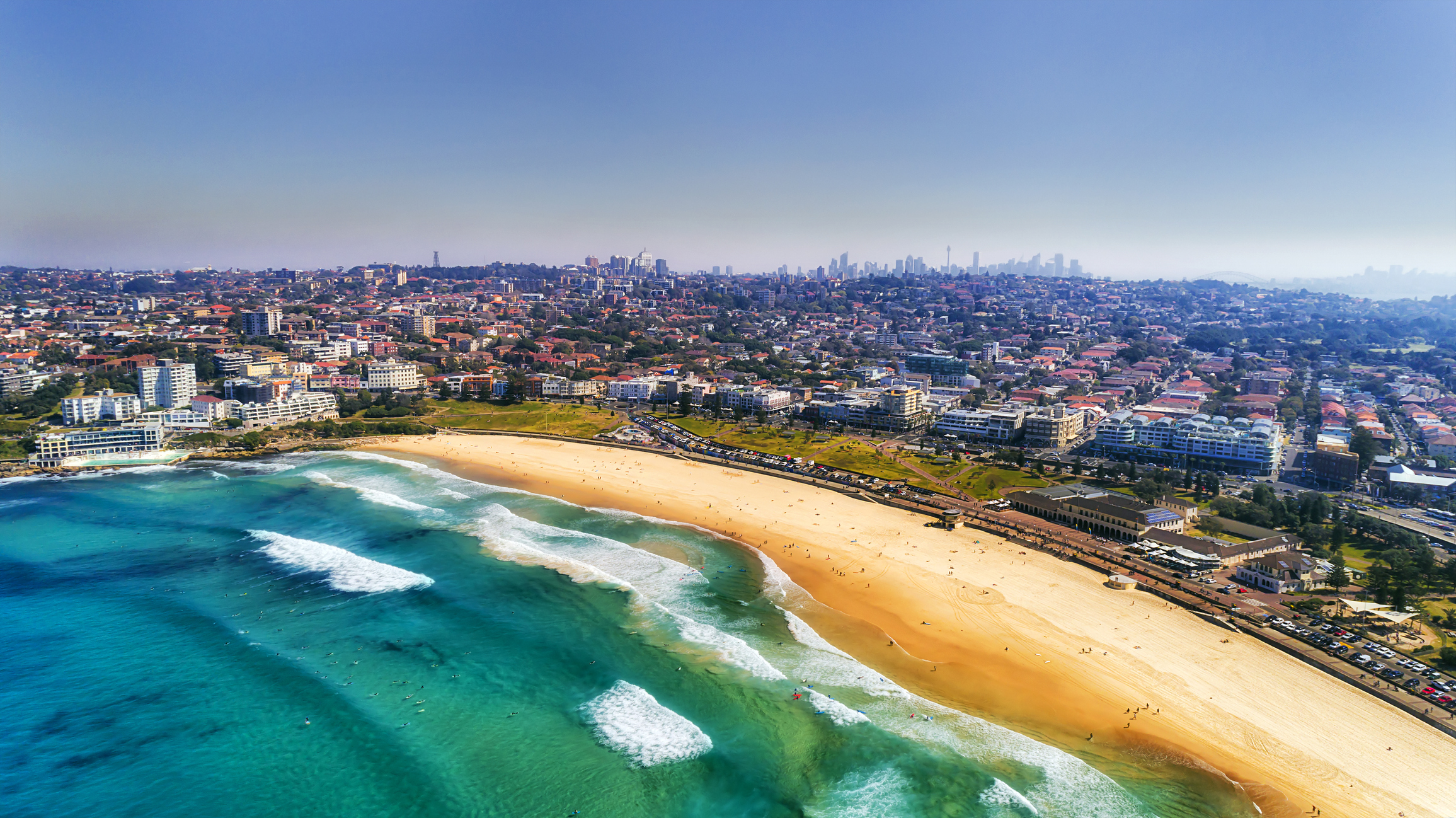
Report
Australia Key City Hotel Market Outlook, June 2023
Market Recovery and Performance:
As of June 2023, Australia's GDP growth is forecasted to slow to 0.9% in FY 2023-24, down from 3.1% in FY 2022-23. The unemployment rate is expected to rise to an average of 4.1%, with the population expanding by 466,000 people and over 300,000 new labour force entrants.
International tourist arrivals are steadily recovering, particularly from South Asia, Middle East/Africa, and Oceania. Northeast Asia is also showing recovery following the reopening of Chinese borders. International visitor numbers are expected to reach pre-pandemic levels by 2024.
State and Regional Economic Outlooks
- New South Wales (NSW): The recovery in tourism and education exports is anticipated to counterbalance a weak domestic economy.
- Victoria (VIC): Rapid population growth positions Victoria to lead economic growth among Australian states in 2023-24.
- Queensland (QLD): Strong growth in merchandise exports is expected to offset a decline in household consumption.
- South Australia (SA): Economic growth will be driven by the public sector amid a weak private domestic demand and overseas trade balance.
- Western Australia (WA): Economic growth is likely to be tempered by weak export growth amidst domestic challenges.
- Tasmania (TAS): The economy is expected to contract slightly due to weaknesses in private demand.
- Northern Territory (NT): Shrinking exports are forecasted to result in a second consecutive year of economic contraction.
- Australian Capital Territory (ACT): Economic growth is expected to outpace the national average, driven by a strong public sector and recovery in services exports.
Tourism Outlook
- International Tourism: Short-term arrivals for holidays in YTD May 2023 totaled 1.02 million, representing 37.9% of total arrivals. Visits for education and business purposes each accounted for 6.8% of total arrivals. Full recovery to pre-COVID levels is expected by 2024.
- Domestic Tourism: Domestic visitor nights are forecasted to surpass pre-pandemic levels in 2023. Holiday nights are recovering faster than those for visiting friends and relatives or business purposes.
RevPAR Performance
Year-to-date (YTD) June 2023, RevPAR has shown significant improvement across major cities compared to the same period in 2022:
- Sydney: +48.9%
- Melbourne: +36.9%
- Brisbane: +26.2%
- Perth: +42.1%
- Adelaide: +19.9%
- Canberra: +4.1%
- Gold Coast: +5.2%
- Hobart: +7.1%
- Newcastle: +14.9%
- Sunshine Coast: -5.2%
Hotel Supply Pipeline
The hotel supply pipeline from CY 2022-2027 varies by region:
- Sydney: CAAGR of 3.0%, with significant ongoing and planned developments.
- Melbourne: CAAGR of 3.4%, continuing strong growth in room supply.
- Brisbane: CAAGR of 2.9%, with notable new additions.
- Perth: CAAGR of 2.4%, steady increase in room availability.
- Adelaide: CAAGR of 4.5%, reflecting robust supply growth.
- Canberra: CAAGR of 2.0%, moderate growth in hotel rooms.
- Hobart: CAAGR of 2.9%, consistent additions to supply.
- Gold Coast: CAAGR of 1.8%, slower growth compared to other regions.
- Sunshine Coast: CAAGR of 1.5%, steady but modest increase.
- Newcastle: CAAGR of 2.7%, reflecting continuous development.
Australia’s hotel market is experiencing a robust recovery, with significant improvements in RevPAR across major cities and ongoing developments in hotel supply. Despite economic challenges and inflationary pressures, the outlook remains positive, driven by strong domestic tourism and a gradual return of international visitors.
Download the report
For detailed charts, graphs, and further analysis, download the full report here






